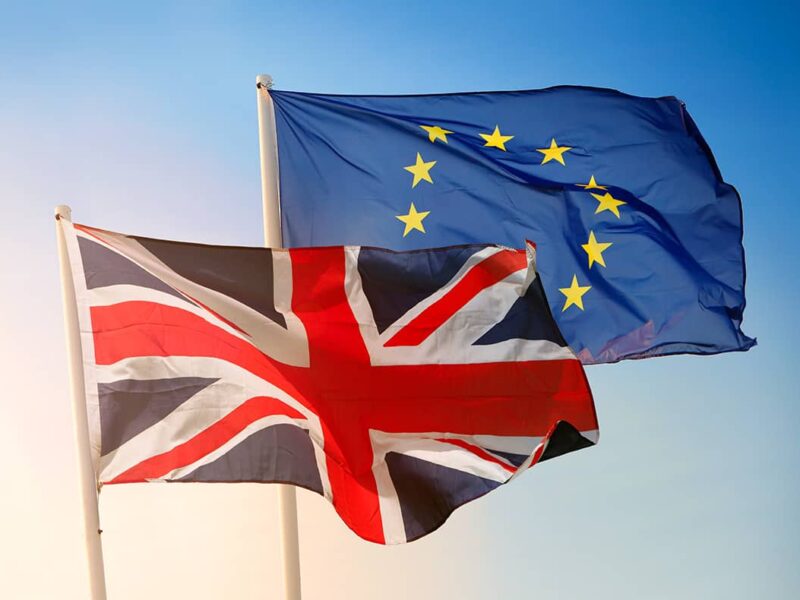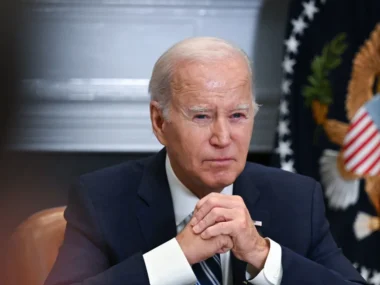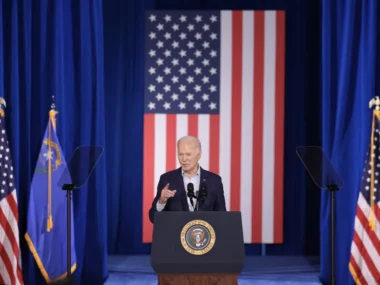Today, the UK government made the decision to rejoin the €95 billion Horizon Europe research framework. Because of the agreement reached between the UK and the European Commission (EC), UK academics can now start applying for grants under the program.
Scientists in the UK have praised the agreement after long criticizing the lack of movement in their country’s bid to join the largest research and innovation financing program in the world.
Accelerator physicist Carsten Welsch of the University of Liverpool told Physics World, “This is fantastic news. International cooperation produces the best science and innovation. The fact that UK scientists may once again take the lead in Horizon Europe’s flagship research program is fantastic.
Prior to Brexit, the UK has participated fully and very successfully in past EU research initiatives, gaining more funding from the initiative than it contributed. For instance, more UK scientists than any other nation received funding from the European Research Council in the seven years leading up to 2013 totaling €1.7 billion.
In the post-Brexit trade agreement between the UK and EU, the UK’s participation in Horizon Europe, which runs from 2021 to 2027, was agreed upon at the end of 2020. However, it would lose the ability to withdraw more money than it pays in as an associate member, which might prevent the UK from accessing a significant amount of additional funds.
However, associate membership delayed and turned into a negotiating tool in Northern Ireland disputes, which were settled in March with the Windsor Framework. Negotiations over the UK’s financial contribution to the research program, given that it has missed more than two years of the seven-year program, have recently been holding up the UK’s involvement with Horizon Europe.
Britain will now join other non-EU countries like Israel, New Zealand, Norway, Switzerland, and Ukraine as an associate member of Horizon Europe. The UK government asserts that the UK would not pay for the program between 2021 and 2024—the period during which the UK was not a member of Horizon Europe—while the European Commission asserts that the UK’s participation in Horizon Europe will commence on January 1, 2024. Before being legally accepted, the agreement needs to be approved by the European Council.
The EU’s €9 billion Copernicus Earth Observation program will now include the UK, according to a separate announcement made today. The UK, meanwhile, has stated that it would not participate in the Euratom program and will instead pursue its own fusion energy policy, which will be funded with about £650 million annually until 2027. According to the EC, the UK will spend about €2.6 billion annually to partner with Horizon and Copernicus.
The decision and the “clarity” and “certainty” it brings to the industry are welcomed, according to Ian Chapman, chief executive of the UK Atomic Energy Authority. In order to maintain the UK’s position as a leader in fusion research and development as well as to build the industry’s capacity to produce future fusion power plants, the government’s commitment to an ambitious alternative R&D program will be crucial, according to the author. With this significant package of alternative R&D, “we welcome the ambition to maintain and even strengthen our international collaborative relationships.”
Best for science
The agreement has received positive feedback from UK scientific organizations. According to Tom Grinyer, group chief executive officer of the Institute of Physics, “Horizon association brings unparalleled opportunities backed by funding for collaboration – it is best for science, best for business and innovation, and best for the UK.”
Association is a “big win,” according to Royal Society President Adrian Smith. “Our association to Horizon Europe is fantastic news, not just for the UK but for scientists across the EU and for all the people of Europe,” he asserts. “Science has a lot to offer in terms of solving world problems and enhancing people’s lives. That has received a significant boost from the government and the EU today.
The UK will be able to “continue to build on decades of collaborative research with our European partners and step up our global collaborations too, to keep us as a nation at the forefront of science and innovation,” Smith said, thanks to the association.
Beyond just money
UK scholars have frequently argued that Horizon Europe is about much more than just cash, such as the scientific relationships it facilitates, while urging the organization to re-join.
Welsch was denied a significant EU grant last year because the UK’s affiliation with Horizon Europe was still in flux. “The affiliation with Horizon will boost interdisciplinary research,” he claims, “after some difficult years where uncertainty made real progress difficult.” “I am eager to take advantage of the many opportunities the Horizon program presents.”











